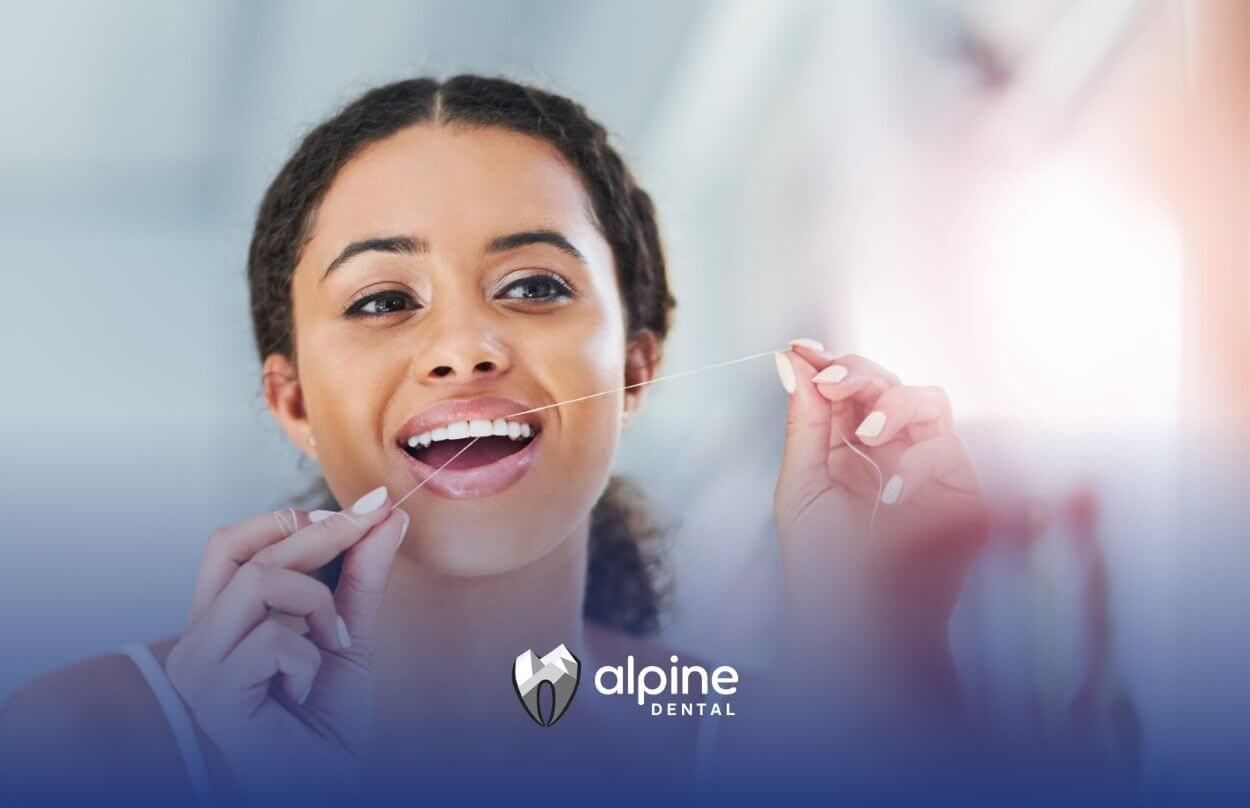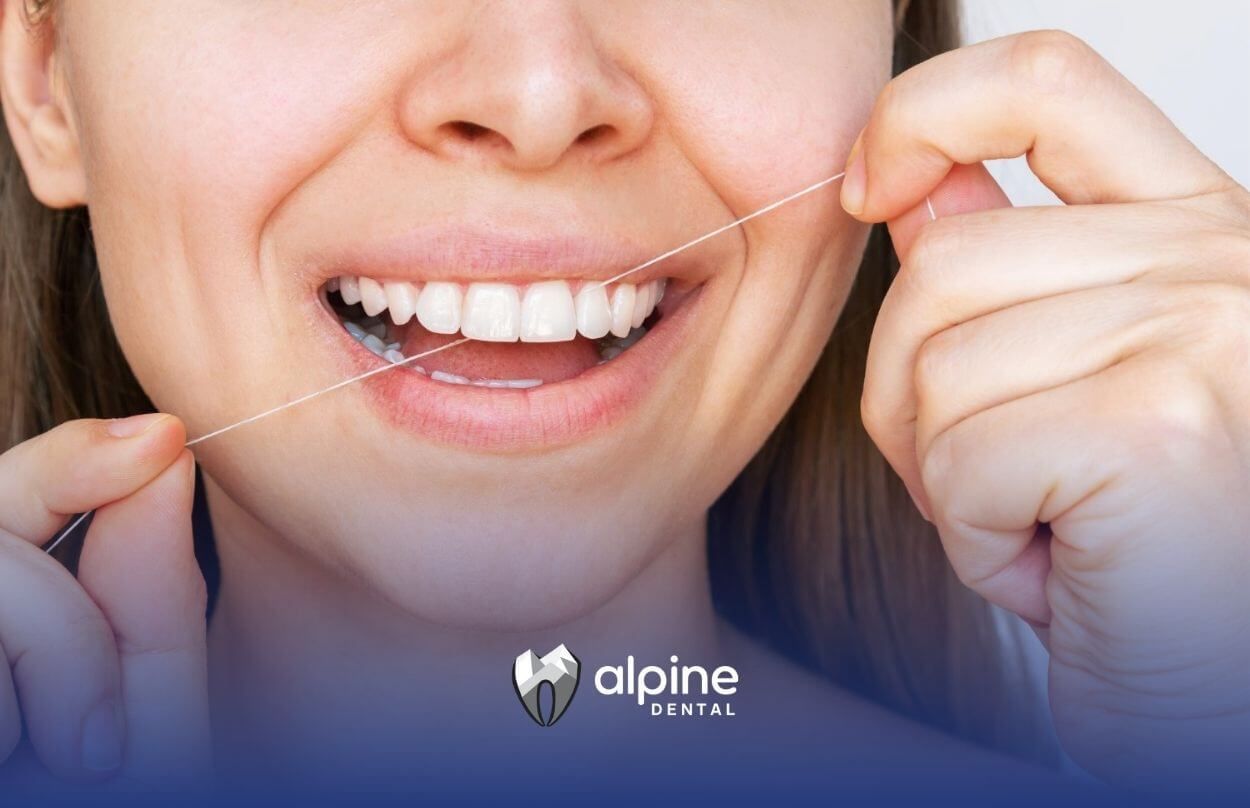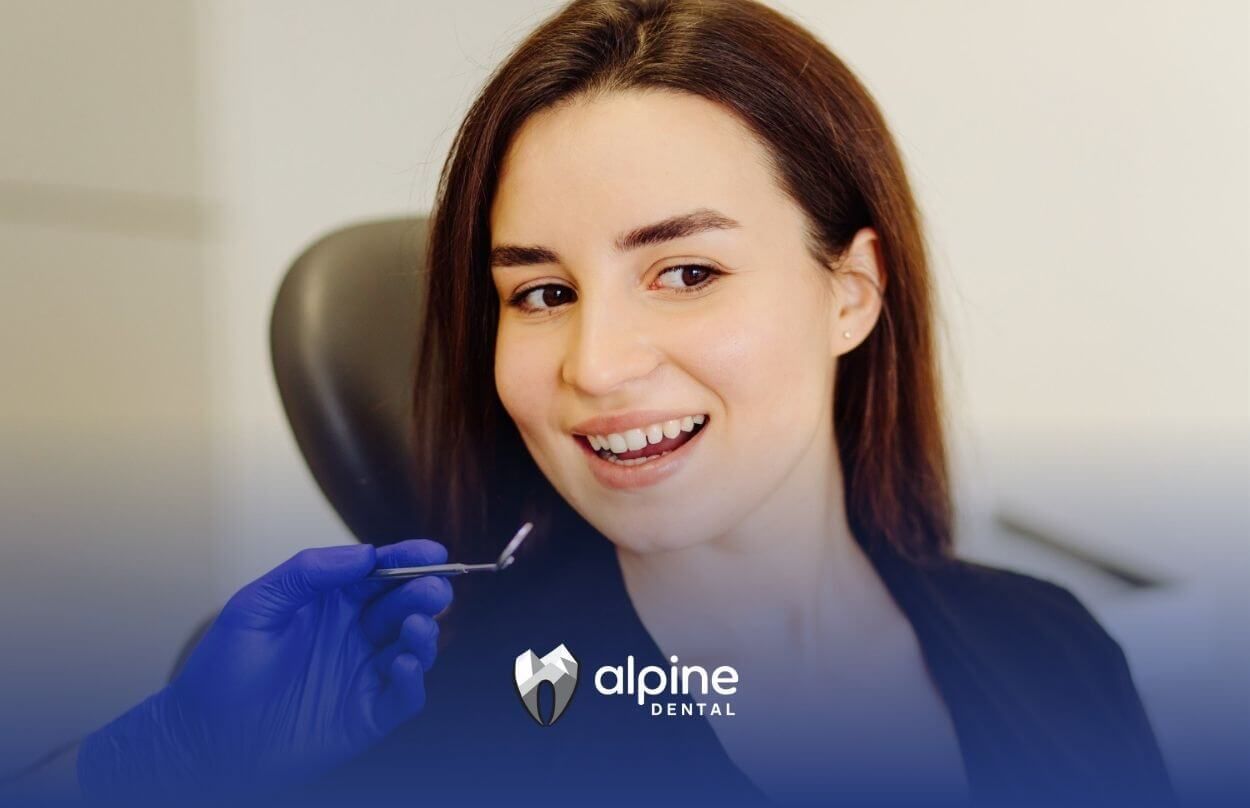What Is the Main Cause of Oral Cancer? Risks, Symptoms & Prevention Explained
Oral cancer is a serious health condition that affects thousands of people worldwide every year. Despite advances in treatment, it remains a significant cause of morbidity and mortality, largely because it is often diagnosed late. Understanding oral cancer causes, recognizing oral cancer symptoms, and knowing how we can prevent oral cancer are crucial steps toward early detection and better outcomes.
In this comprehensive article, we’ll explore the main causes of oral cancer, the risk factors involved, common symptoms to watch for, and effective prevention strategies.
What Is Oral Cancer?
Oral cancer refers to cancers that develop in the tissues of the mouth or throat. The most common type is oral squamous cell carcinoma (OSCC), which arises from the mucosal lining of the lips, tongue, cheeks, floor of the mouth, and other oral regions. OSCC accounts for the majority of oral cancer cases and is known for its aggressive nature and poor prognosis if detected late.
What Is the Main Cause of Oral Cancer?
Oral cancer is a complex disease caused by multiple factors. While no single cause applies to all cases, a combination of lifestyle, environmental, viral, and genetic factors contributes to its development.
1. Tobacco Use
Tobacco use-whether smoking cigarettes, cigars, pipes, or using smokeless tobacco like chewing tobacco-is the leading cause of oral cancer worldwide. The carcinogens in tobacco damage the DNA of oral cells, leading to mutations and uncontrolled growth.
- Smoking increases the risk of oral cancer several-fold.
- Smokeless tobacco users are also at high risk, particularly for cancers of the cheek and gums.
2. Alcohol Consumption
Heavy and chronic alcohol use significantly raises oral cancer risk, especially when combined with tobacco use. Alcohol acts as a solvent, enhancing the penetration of tobacco carcinogens into oral tissues. It also causes local irritation and inflammation, which can promote cancerous changes.
3. Human Papillomavirus (HPV) Infection
In recent decades, infection with high-risk strains of HPV, especially HPV-16, has emerged as a major cause of oropharyngeal cancers (throat and tonsils). HPV-related oral cancers often affect younger individuals and those without traditional risk factors like tobacco or alcohol use.
4. Sun Exposure
Prolonged exposure to ultraviolet (UV) radiation from the sun is a known cause of lip cancer, particularly affecting the lower lip. This is more common in outdoor workers and people living in sunny climates.
5. Other Risk Factors
- Poor Oral Hygiene and Chronic Irritation:
Poor dental care and chronic irritation from ill-fitting dentures or rough teeth can increase the risk.
- Diet: A diet low in fruits and vegetables may contribute to a higher risk.
- Genetics: Family history and genetic predisposition can influence susceptibility.
- Age and Gender: Oral cancer is more common in men and typically affects people over 50, though younger cases are rising.
- Immune System Status: Immunocompromised individuals have a higher risk.
How Can We Prevent Oral Cancer?
Prevention focuses on reducing exposure to known risk factors and promoting early detection.
Lifestyle Changes
- Avoid Tobacco: The most
effective prevention for oral cancer is to never start or to quit all forms of tobacco.
- Limit Alcohol:
Reducing alcohol consumption lowers risk, especially combined with tobacco cessation.
- Protect Lips from Sun: Use lip balm with SPF and avoid excessive sun exposure.
Vaccination
- HPV Vaccine: Vaccination against HPV can reduce the risk of HPV-related oral cancers.
Oral Hygiene and Regular Dental Visits
- Maintain good oral hygiene and
visit your dentist regularly for checkups.
- Dentists can detect early signs of oral cancer or precancerous lesions during routine exams.
Healthy Diet
- Eating a balanced diet rich in fruits and vegetables supports oral health and may reduce cancer risk.
Test Your Knowledge: Recognizing Oral Cancer Symptoms
Can Non-Smokers Get Oral Cancer?
Yes. While tobacco and alcohol are the main causes, non-smokers can develop oral cancer, particularly due to HPV infection or genetic factors. Increasingly, HPV-related oral cancers are diagnosed in younger, non-smoking individuals, highlighting the importance of awareness and vaccination.
What Kills Cancer Cells in the Mouth?
Treatment options that kill or remove cancer cells in the mouth include:
- Surgery: Physical removal of cancerous tissue.
- Radiation Therapy: High-energy rays target and destroy cancer cells.
- Chemotherapy: Drugs that kill or inhibit cancer cell growth.
- Targeted Therapy and Immunotherapy: Newer treatments that specifically attack cancer cells or boost the immune response against them.
Early-stage cancers have a higher chance of successful treatment.
Is Mouth Cancer Curable?
Yes, mouth cancer can be cured, especially when detected early. The five-year survival rate is significantly higher for cancers diagnosed at an early stage. Regular screenings and prompt treatment are key to improving outcomes.
How Alpine Dental Can Help You Stay Ahead of Oral Cancer
We prioritize your oral health and cancer prevention at Alpine Dental, serving Jackson, NJ, and Lakewood, NJ. Our team offers:
- Comprehensive Oral Cancer Screenings: Using the latest diagnostic tools, including visual exams and adjunctive technologies, we detect suspicious lesions early.
- Patient Education: We inform you about
oral cancer causes, symptoms, and prevention strategies tailored to your lifestyle.
- Early Intervention: If abnormalities are found, we coordinate prompt referrals and follow-up care to ensure timely treatment.
- Holistic Care: We support your overall dental health, which plays a role in cancer prevention.
Your safety and well-being are our top priorities. Schedule a thorough oral cancer screening with Alpine Dental today and take proactive steps toward a healthier future.
Conclusion
Understanding oral cancer causes and recognizing oral cancer symptoms can save lives. While tobacco, alcohol, and HPV remain the main culprits, anyone can be at risk. Prevention through lifestyle changes, vaccination, and regular dental visits is essential.
If you’re concerned about oral cancer or want a professional screening, Alpine Dental in Jackson and Lakewood, NJ, offers expert care with advanced technology and compassionate service. Don’t wait for symptoms- protect your smile and health by booking your oral cancer screening now. Your future self will thank you.
Frequently Asked Questions (FAQs)
Can non-smokers get oral cancer?
Yes, non-smokers can develop oral cancer, often due to HPV infection or other factors unrelated to tobacco use.
What kills cancer cells in the mouth?
Cancer cells in the mouth are treated with surgery, radiation, chemotherapy, targeted therapy, or immunotherapy, depending on the stage and type.
Is mouth cancer curable?
Mouth cancer is curable, especially if detected early. Early diagnosis and treatment greatly improve survival rates.
Sources:
- https://www.mayoclinic.org/diseases-conditions/mouth-cancer/symptoms-causes/syc-20350997
- https://www.cancer.org/cancer/types/oral-cavity-and-oropharyngeal-cancer/causes-risks-prevention/risk-factors.html
- https://www.frontiersin.org/journals/oral-health/articles/10.3389/froh.2024.1505833/full
- https://pmc.ncbi.nlm.nih.gov/articles/PMC12014004/
- https://oralcancerfoundation.org/understanding/risk-factors/
- https://dental.nyu.edu/research/nyu-oral-cancer-center/oral-cancer/facts.html
- https://www.nm.org/conditions-and-care-areas/cancer-care/head-and-neck-cancers/oral-cancer/causes-and-diagnoses
- https://www.cancercenter.com/cancer-types/oral-cancer/risk-factors




